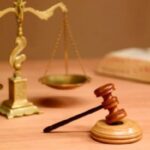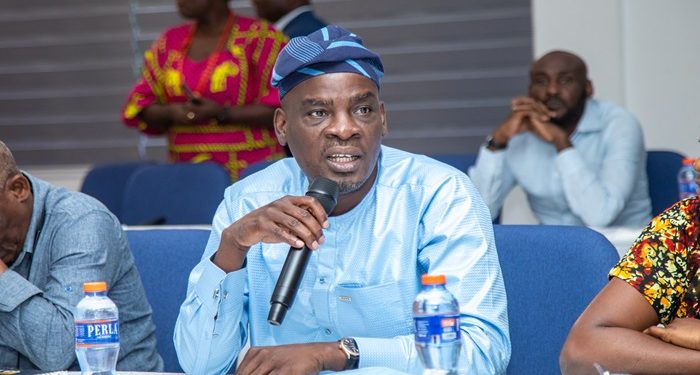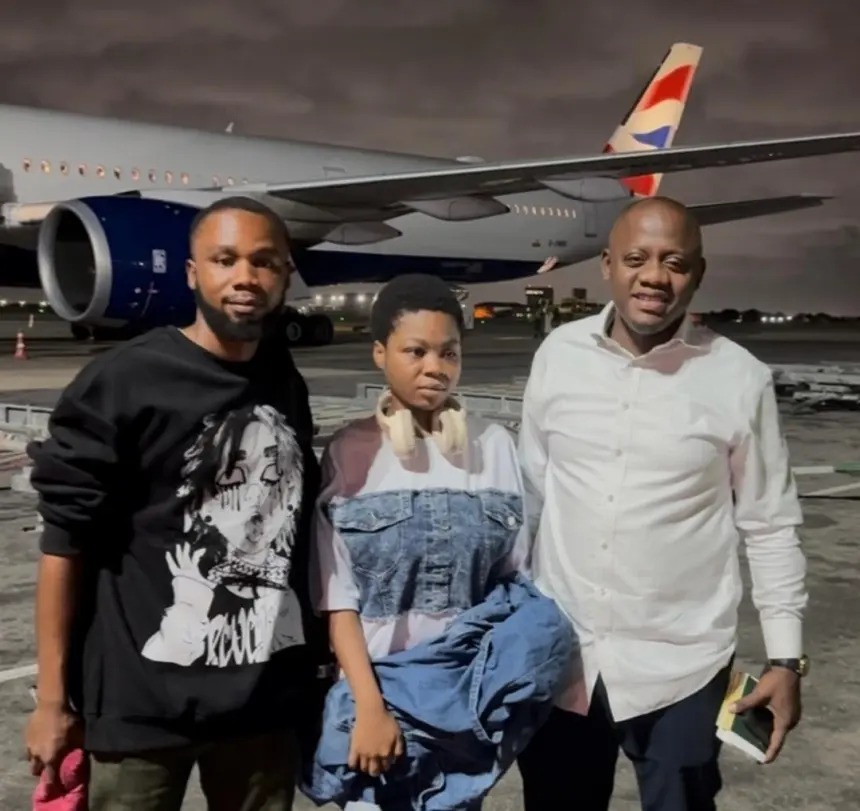Accra, June 3, GNA – A survey conducted by the Ghana Integrity Initiative (GII), a civil society organisation fighting corruption, indicates that the trust Ghanaians have in the government ability to fight corruption had dropped from 67 per cent in 2007 to 58 per cent in 2009.
The survey which saw a total number of 1,190 respondents randomly selected from all the 10 regions was aimed at covering all categories of the society.
The survey also portrayed public officials or the civil service to be the most corrupt institution in the country, with a score of 4.2 followed by the Judiciary with a score of 4.1 then political parties with a score of 3.6.
The rest are the business and private sector with a score of 3.3, Parliament with a score of 3.1 and then the media with a score of 3.0. Addressing the media on the survey on Wednesday, Mr Vitus Azeem, Executive Secretary of the GII, called for a very strong Code of Conduct and its enforcement for civil and public servants as well as political appointees.
“Furthermore GII calls for more civil education to sensitize Ghanaians on the deleterious effects of corruption. Ghanaians must learn to be loyal to the state rather than to friends, relatives and members of their ethnic groups,” he added.
Mr Azeem said shoddy works on the roads, lack of potable water, education and health care, were the by-products of kickbacks and bribery.
He appealed to those in the private sector to sign onto the Ghana Business Code, where companies are furnished with detailed policies with regard to bribery-related issues.
Mr Azeem urged the government to impose penalties such as blacklisting, fines and contract cancellation on firms whose employees engage in acts of corruption.
The Executive Secretary called for the passage of the Right to Information legislation without further delay, as it would prove to be an effective anti-corruption tool.
He called for adequate resources for all accountability institutions to enable them to perform their duties effectively and also for a political leadership that has no “cobwebs in its cupboard”, to lead the fight against corruption.
On the 2009 Global Corruption Barometer (GCB), he noted that 68 per cent of the respondents perceived political parties to be the most corrupt institution in the country, followed closely by the civil service (public officials and civil servants) and parliament with percentages of 63 and 60 respectively. He noted that the 2009 GCB which was carried out by Transparency International, the parent organisation of the GII, surveyed a total of 73,123 people in 69 countries and territories around the world including Ghana and nine other African countries. 03 June 09
Source: GhanaWeb














